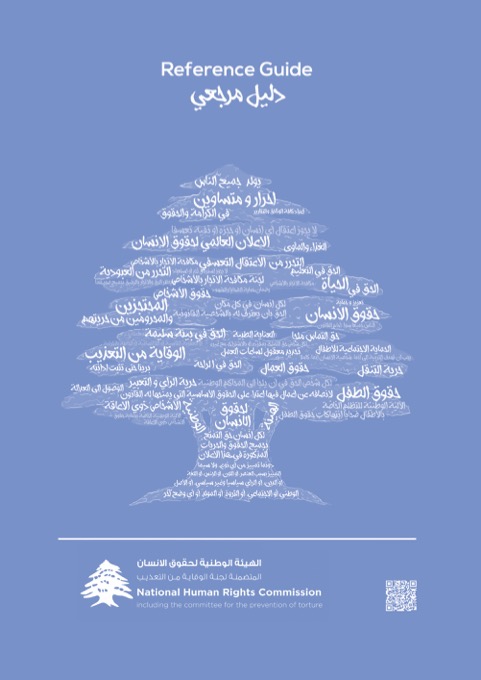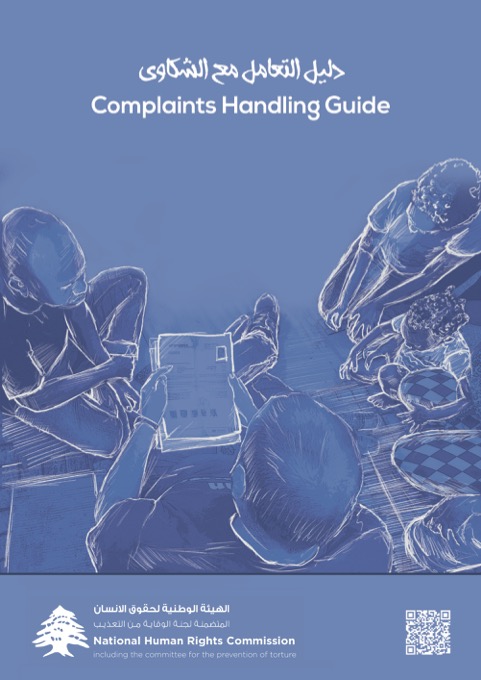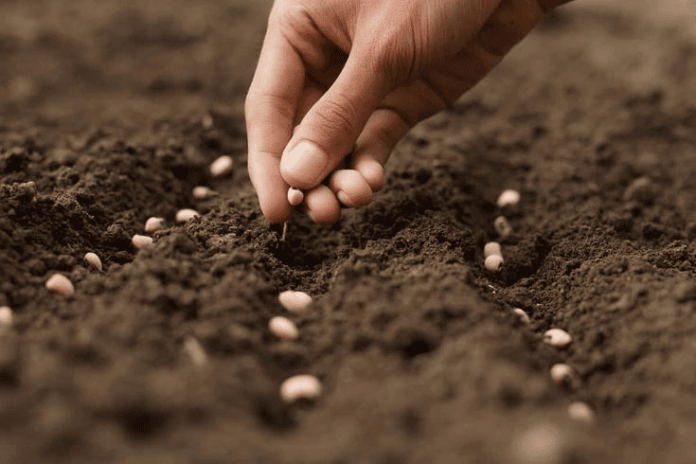Pursuant to Article 15 of Law No. 62/2016, the National Human Rights Commission (including the Committee for the Prevention of Torture) has issued a detailed legal opinion on the Draft Law Regulating the Trade of Seeds, Seedlings, and Propagation Materials. The Commission considers that the draft proposed by the Ministry of Agriculture, in its current form, adopts a narrowly technical and commercial approach while overlooking the broader human rights, social, and environmental dimensions linked to the right to food, farmers’ rights, food sovereignty, and the protection of agricultural biodiversity.
I. Legal and Normative Basis
The Commission clarified that this opinion falls within its mandate to review legislation related to human rights, in line with Lebanon’s international obligations under the International Covenant on Economic, Social and Cultural Rights (Articles 11 and 15), the United Nations Declaration on the Rights of Peasants and Other People Working in Rural Areas (UNDROP, 2018), the Convention on Biological Diversity (CBD), and the International Treaty on Plant Genetic Resources for Food and Agriculture (FAO, 2001), as well as the principle of food sovereignty recognized by global farmers’ movements.
II. Main Observations on the Draft Law
According to the Commission, the draft law leans toward an industrial agricultural model inspired by the UPOV Convention, focusing on protecting the rights of commercial breeders through registration and certification systems based on uniformity and stability, while excluding traditional and local seeds from the legal framework.
The Commission warned that the draft’s failure to explicitly recognize farmers’ rights to save, use, exchange, and sell their traditional seeds threatens Lebanon’s agricultural biodiversity and undermines small farmers’ livelihoods.
It also criticized the provision prohibiting the import or export of seeds under the pretext of biosecurity, calling it a disproportionate restriction on farmers’ rights to regional exchange and cooperation. The Commission recommended replacing it with a framework based on prior informed consent and transparent phytosanitary standards. Furthermore, it noted the absence of safeguards against genetically modified organisms (GMOs) and biopiracy, which could endanger Lebanon’s genetic resources.
III. Human Rights, Social, and Environmental Impact
The Commission found that the draft law, as currently formulated, restricts farmers’ right to produce food freely using local resources, contradicting Lebanon’s obligations to promote food security based on agricultural biodiversity rather than dependency on commercial imports.
It warned that the generalization of the commercial seed model will exacerbate environmental degradation and social inequality, increasing dependence on imported hybrid seeds, pesticides, and fertilizers. The Commission also emphasized that rural women and girls are disproportionately affected by structural inequalities that limit access to resources, education, and participation in agricultural decision-making, despite their crucial role in conserving agrobiodiversity.
IV. Legislative Recommendations
The Commission called for a comprehensive rights-based and participatory reform of the draft law, recommending:
-
Legal recognition of a national farmers’ seed system complementary to the commercial one;
-
Establishment of a National Farmers’ Seed and Genetic Diversity Committee;
-
Creation of a National Seed Fund to support community-based research and local agricultural production;
-
Inclusion of a dedicated chapter on Farmers’ Managed Seed Systems (FMSS) guaranteeing the right to save, exchange, and use seeds;
-
Addition of provisions protecting local seeds from GMOs and biopiracy;
-
Ensuring equal participation of women and young farmers in all technical and regulatory bodies;
-
Alignment of the law with the UN Declaration on the Rights of Peasants (UNDROP) to uphold social justice, equality, and non-discrimination in rural areas;
-
And inclusion of a clause recommending that Lebanon not accede to the UPOV Convention or any similar non-UN treaty before an independent human rights and socio-economic impact assessment is conducted.
V. Conclusion
The Commission concluded that adopting the draft law in its current form would deepen the vulnerability of Lebanon’s rural population, undermine local food production, and increase dependency on imported agricultural inputs. It urged the government and Parliament to embrace a participatory, rights-based approach grounded in farmers’ rights, food sovereignty, and biodiversity conservation, as essential components of rural resilience, food security, and human dignity.
هذه المقالة متاحة أيضًا بـ: العربية (Arabic)



